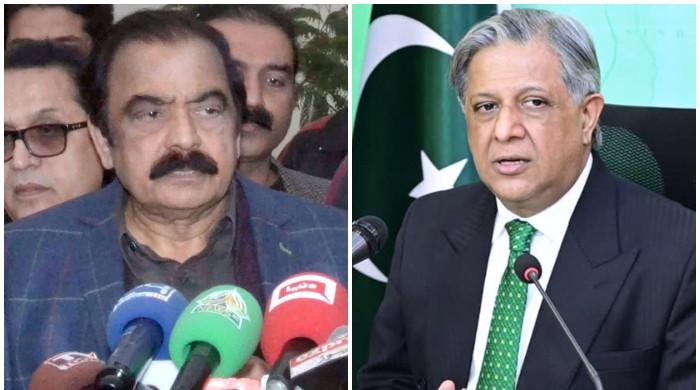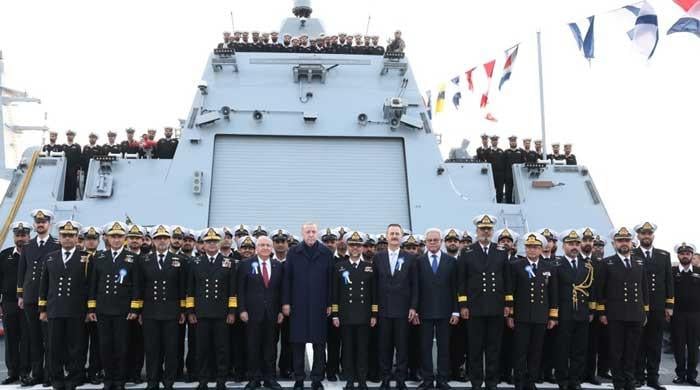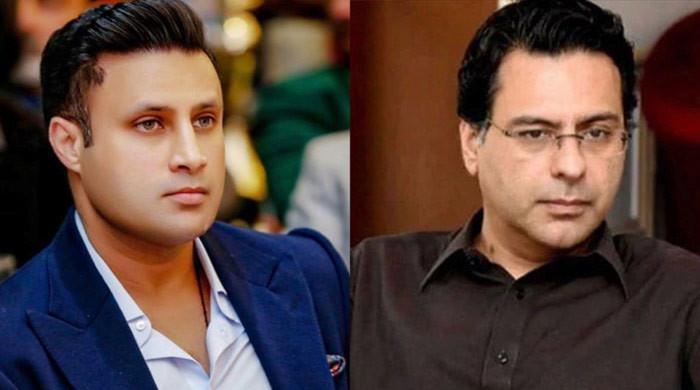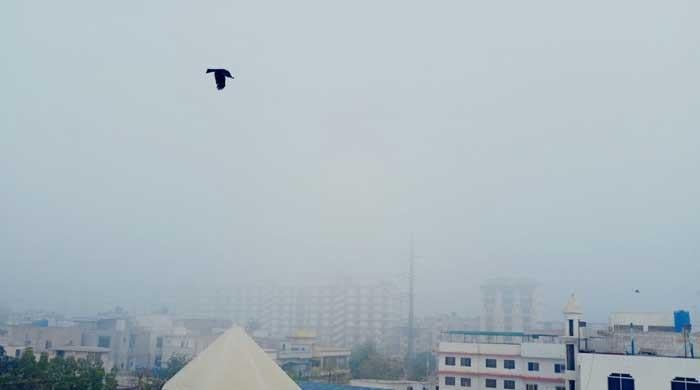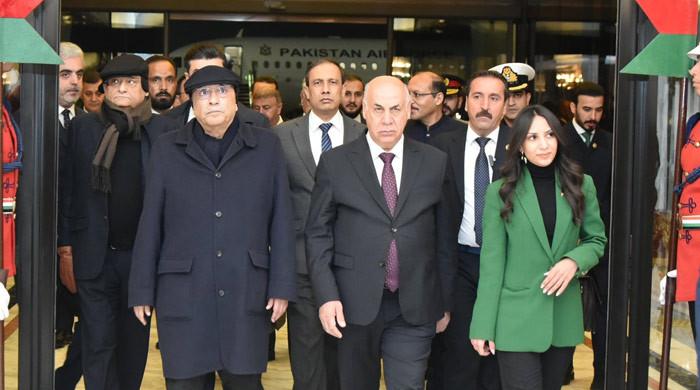US urges Pakistan to continue working with ‘IMF for sustainable economic recovery’
“We stand by Pakistani people during these hard times and welcome IMF programme,” says Antony Blinken
July 13, 2023
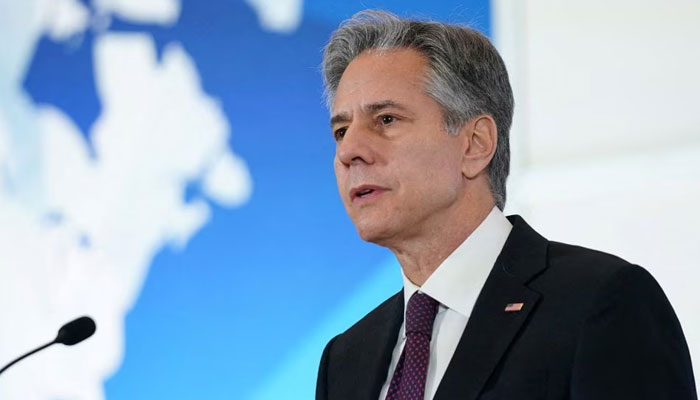
- Antony Blinken says US stands by people of Pakistan in hard times.
- Says Pakistan should continue working with IMF for reforms.
- IMF deposited $1.2 billion into SPB's account earlier today.
US Secretary of State Antony Blinken on Tuesday welcomed the International Monetary Fund's (IMF) approval of a programme to support Pakistan, saying that Washington stood by the people of Pakistan.
"We stand by the Pakistani people during these hard times and welcome the International Monetary Fund's approval of a programme to support Pakistan," Blinken wrote on his official Twitter handle.
"We urge Pakistan to continue working with IMF toward macroeconomic reforms and sustainable economic recovery," he further said on the microblogging site.
His comments came after the global lender deposited $1.2 billion into the State Bank of Pakistan's (SBP) account earlier today, boosting the cash-strapped nation's hope for economic stability as it teetered on the brink of default for several months.
The IMF's executive board late last night approved a $3 billion Stand-By Agreement (SBA) under a nine-month programme, which came after eight months of tough negotiations over fiscal discipline.
Pakistan reached a staff-level agreement with the lender last month, securing a short-term pact, which got more than expected funding for the crises-hit country of 230 million.
In a televised address from Islamabad, Finance Minister Ishaq Dar said Pakistan would receive the balance amount after two reviews — the second in November and the third in February.
This inflow will increase Pakistan's foreign exchange reserves, he said, noting that during the ongoing week, the central bank's reserves have moved up by around $4.2 billion.
"Our foreign exchange reserves will close at around $13-$14 billion on July 14 [...] and the SBP will release the exact numbers later on," the finance minister said.
In a statement, the IMF said its executive board gave the green light to the nine-month standby arrangement in order "to support the authorities' economic stabilisation programme."
"Pakistan is on the road to development [...] we must all make efforts to make gains through this," Dar added.
The South Asian nation has suffered from a balance-of-payments crisis as it attempts to service crippling external debt amid a fraught political environment — following the removal of the country's former prime minister Imran Khan.
Inflation has rocketed, the rupee has reached a record low against the dollar, and the country is struggling to afford imports, causing a severe decline in industrial output.
Pakistan has brokered close to two dozen arrangements with the IMF, most of which have gone uncompleted.
In the days before the decision was approved, Pakistan received $3 billion in deposits from Saudi Arabia and the United Arab Emirates.
The money from the two Gulf countries boosted Pakistan's foreign reserves to $7.5 billion — more than double last week's account balance.




